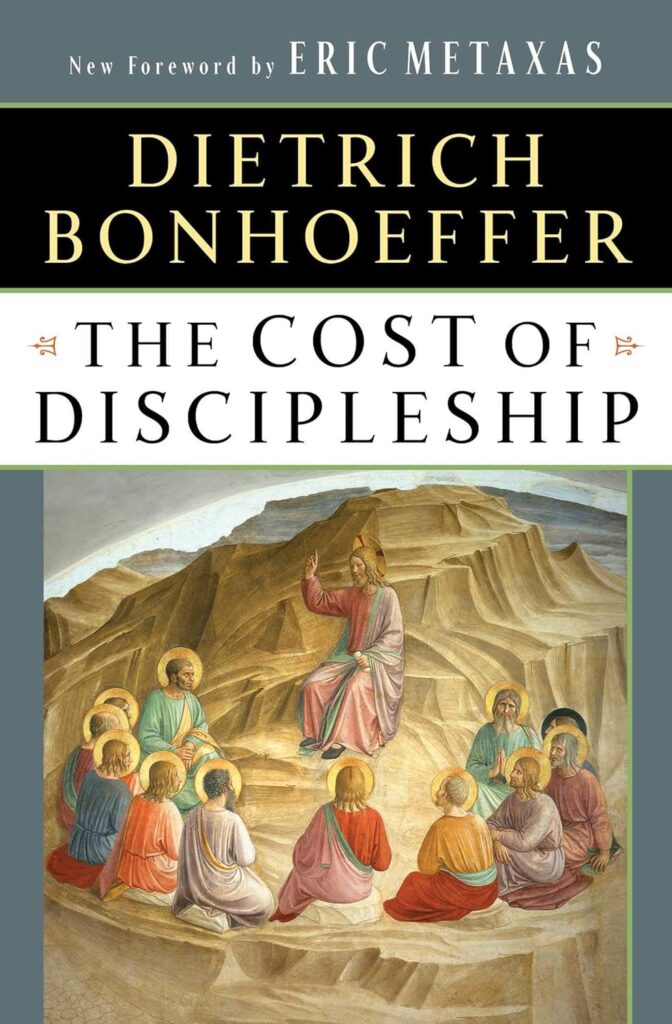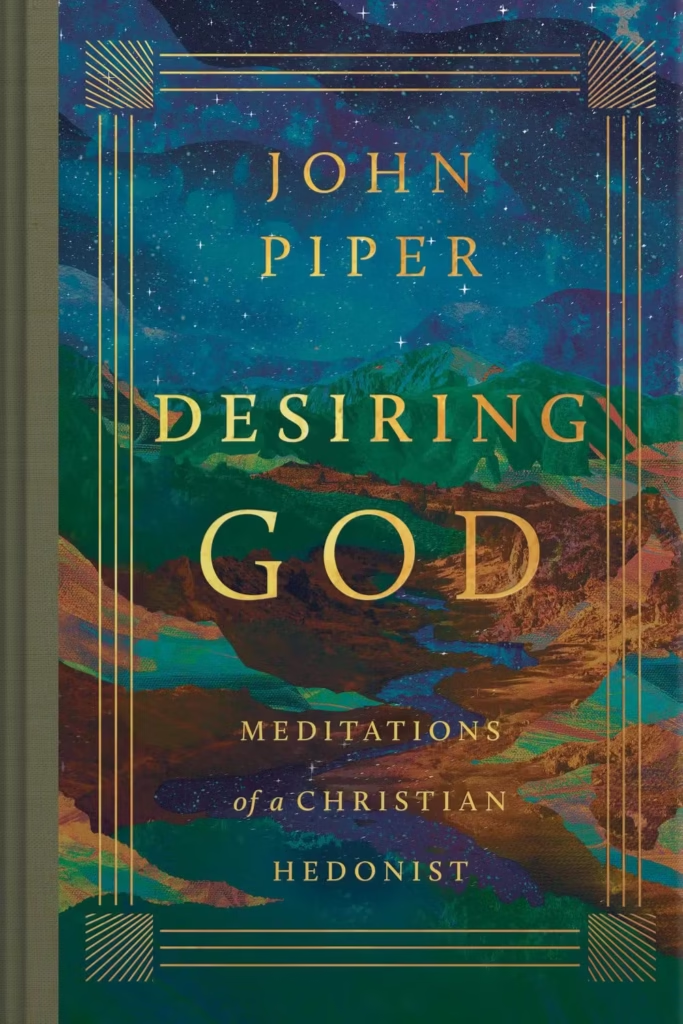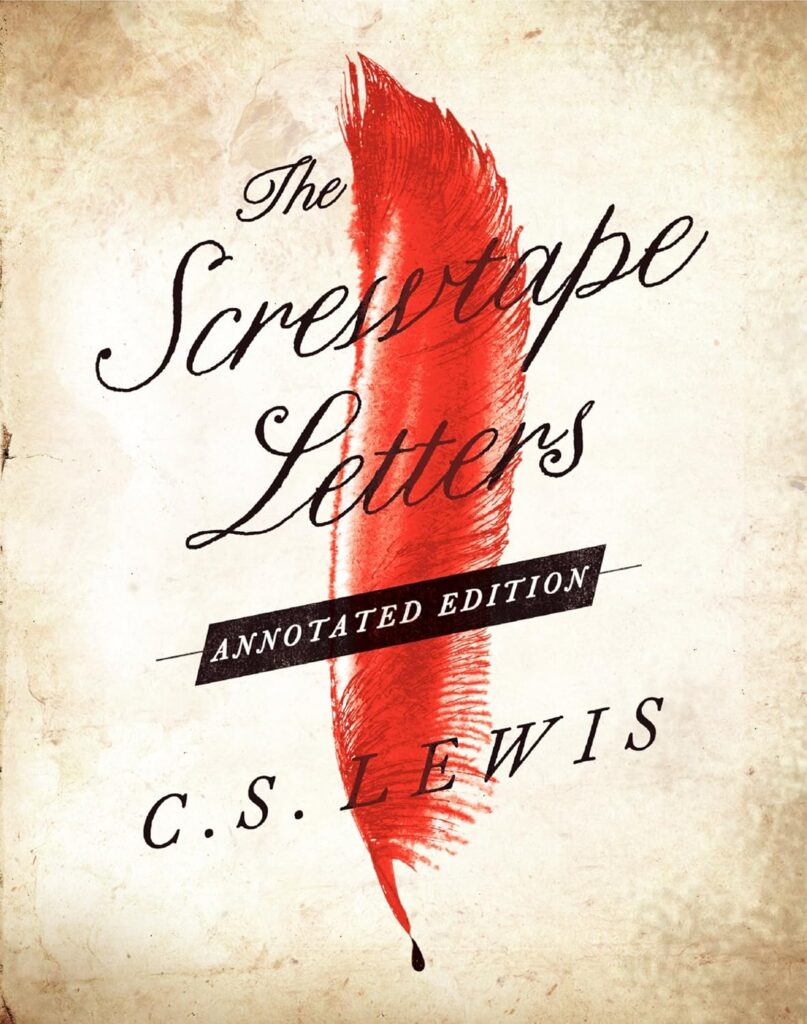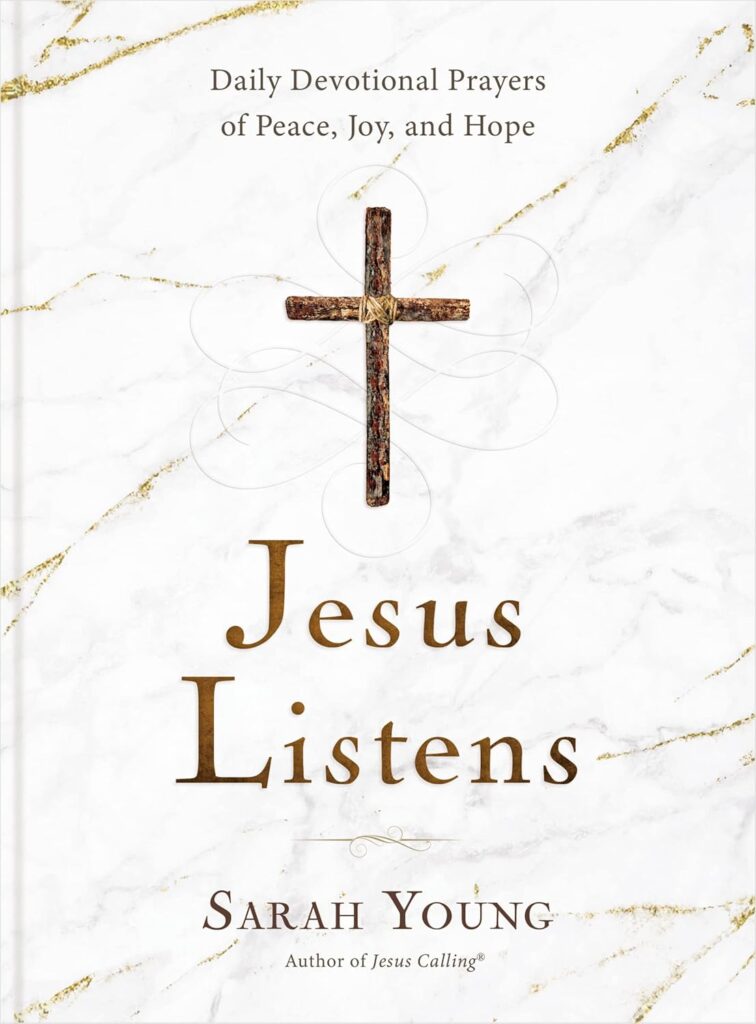Table of Contents
Is there a hurt in your life that feels impossible to forgive? A memory that still has teeth?
We carry these wounds. They become a heavy weight, a debt of anger that only grows over time.
The Bible’s command is clear: forgive. But the human heart is complicated. It screams for justice even as our faith calls us to grace. How do you obey that command when the pain is still so loud?
Often, the answer we need is found inside a story.
Today, we are exploring seven powerful films. These are stories of ordinary people ambushed by extraordinary pain.
They stand face-to-face with the monsters of racism, murder, abuse, and profound loss. We will walk with them on their agonizing journey toward forgiveness.
We will see how their faith became a light in the darkest of places, revealing a freedom they never thought possible.
These films give us a blueprint. They show us how.
Grace Card
Let’s start with a movie Grace Card. It drops us onto the gritty streets of Memphis and into seventeen years of repressed pain.
Mac McDonald is a police officer. His life is shattered the day a speeding criminal killed his young son. The driver was African American.
Mac carries grief for his lost child and a crushing guilt: he was the one who told his son to keep trying to ride his new bike that day. That one horrific moment planted a seed of bitterness in his heart, and for seventeen years, he watered it with rage.
The poison seeps into everything in his life. He lashes out at his wife, Sarah, who desperately seeks counseling to save their family.
He punishes his surviving son, Blake, with emotional neglect, pushing the boy toward crime and drugs. Anger consumes Mac and sabotages his personal and professional life until he is almost at the point of implosion.
The department partners him with Sam Wright, a Black officer and part-time pastor who just received the promotion Mac wanted. The tension is immediate.
The journey to forgiveness is a grinding, brutal process. It takes another tragedy, one that nearly costs Mac his only remaining son, to finally break him open.
He faces a choice: remain shackled to his anger at God or turn to Him for help. Sam wrestles with his own burden, questioning his calling as he struggles to love a partner whose open hostility cuts him deep.
He seeks counsel from his grandfather George, the story’s sage, played by Oscar-winner Louis Gossett, Jr., who gives him the key: grace.
Must Watch: 10 Christian Movies You Must Watch in 2025
He shares the origin of the “Grace Card”—a promise from their ancestor, a freed slave, to his former master: “I promise to pray for you every day, ask for your forgiveness, grant you the same, and be your friend always”.
A desperate Mac finally allows Sam to minister to him, and they pray together in an emotional reconciliation.
This path leads to a remarkable climax: the man who killed his son, now a Christian missionary, appears in church and seeks forgiveness. Mac must choose to go beyond human inclination and extend grace to the source of his deepest wound.
The Grace Card teaches a raw, powerful lesson: Justice alone cannot change a human heart. Only grace and love can do that.
It shows that forgiveness is an active choice to extend God’s love, breaking the chains of bitterness and rebuilding a life from the wreckage.
Unconditional
Our next story, Unconditional, shows what happens when a wound is fresh, and the battle is against despair itself.
It follows a woman whose perfect life is destroyed in a single moment, and it forces her on a journey to find forgiveness when all hope seems lost.
Samantha Crawford is a successful illustrator. She lives a charmed life with her husband. He was a good man who handed out two-dollar bills to remind people that love shouldn’t be hoarded or hidden.
But a senseless act of violence destroys her world when he is murdered during a street mugging. The tragedy consumes her.
Sorrow and a loss of faith send her spiraling until she finds herself in a rainy alley with a gun under her chin, ready to take her own life.
But there comes an interruption. Just as she prepares to end her life, a car strikes a young girl named Keisha nearby.
Shocked out of her suicidal funk, Samantha rushes to help and is unexpectedly reunited with her childhood best friend, Joe Bradford.
Joe’s life is also marked by pain; he battles a serious kidney disease and once found God’s forgiveness while in solitary confinement.
Now, he dedicates his life to mentoring neglected children in his Nashville neighborhood, a mission based on the real-life work of “Papa Joe” Bradford and his organization, Elijah’s Heart.
Don't Miss: 7 Must-Watch Christian Movies Based on TRUE STORIES You Wanted Us To Review
Joe gently pulls Samantha into his world of serving others, assuring the kids they are “never alone”.
As Samantha gets dragged in, she begins a slow transition back to life, even as she struggles with a burning anger toward the man who killed her husband and got away.
Her own storybook metaphor becomes her lifeline: a little bird flies through a dark storm, and discovers that above the clouds, the sun is always shining.
She begins to ask, “What if God’s love is like the sun, constant and unchanged?”.
Unconditional reveals a profound truth. The path to healing our own deepest wounds can be found by pouring God’s unconditional love into the wounds of others.
It teaches that bitterness and revenge destroy, but selfless love brings forgiveness, reconciliation, and makes us whole again.
October Baby
Our next movie, October Baby, explores a different path to wholeness. It asks a powerful question: How do you forgive someone for a choice that was made before you took your first breath?
This is a story about a young woman who discovers her entire life is built on a secret, and the truth sends her searching for an identity she never knew she lost.
Hannah is a 19-year-old college freshman who feels a deep sense of unease she can’t explain. She writes in her journal, “Why, God, do I feel unwanted? Why do I feel I have no right to exist?”.
Her world shatters when she collapses on stage during her theatrical debut. A series of medical tests reveal a secret her parents have kept for her entire life: she was adopted after a failed abortion attempt.
Her chronic health issues are all a result of that trauma.
Bewildered and angry, she feels her whole life is a lie. Against the wishes of her loving but overprotective father, she joins her friend Jason on a spring break road trip to find her birth mother.
Her search leads her to a nurse who assisted in the procedure. The nurse, haunted by her past, reveals a horrifying detail: Hannah was a twin, and her brother died during the attempt.
After seeing Hannah survive, the nurse quit her job at the clinic.
Hannah eventually finds her birth mother, now a successful lawyer with a new family, only to be rejected a second time as the woman literally walks away from her.
Heartbroken, Hannah wanders into a Catholic cathedral and confesses to a priest, “I can’t figure out how to let go of the fact that I feel hatred for myself and others”.
She is angry at her birth mother for the rejection and her adoptive parents for the secret. The priest offers her a path forward, quoting the Apostle Paul:
“In Christ, you’re forgiven. Because you’re forgiven, you have the power to forgive… Hatred is a burden you no longer need to carry”.
October Baby’s lesson on forgiveness is profound. It teaches that true freedom comes from releasing the bitterness we carry.
Forgiveness is a conscious choice, empowered by faith, that allows us to reconcile with our parents, our past, and ourselves, and finally embrace the beautiful life we were always meant to live.
Your Next Movie: You Should Know This Before You Watch Full Christian Movie Hacksaw Ridge (Review)
I Can Only Imagine
Next film explores an even more difficult path: forgiving a father you know all too well for a lifetime of abuse. This is the true story behind the most popular Christian song ever written, a story that proves the deepest pain can lead to the most beautiful redemption.
Yes, you guessed it! A movie “I can only imagine”!
Bart Millard’s childhood in Greenville, Texas, is a landscape of fear. His father, Arthur, is a man whose own broken dreams of a football career have twisted him into a monster.
He tells his son, “Dreams don’t pay the bills,” and then burns Bart’s imaginative creations in a trash fire.
Bart tries desperately to earn his father’s approval by playing football, but a terrible tackle breaks both his legs, ending that dream forever.
The abuse is relentless; Arthur smashes plates over Bart’s head and beats him so badly he has to sleep on his stomach. Eventually, Bart’s mother can’t take it anymore and leaves. She abandons her son to the man who growls more than he speaks.
Bart escapes into music, leaving home to become the lead singer of a band called MercyMe. But his father’s poisonous words echo in his mind: “You’re not good enough, Bart. You’re not”.
When a creative crisis hits, his manager encourages him to return home and confront his past. He returns expecting a monster, but instead finds his father dying of cancer, a man radically changed.
Read also: 8 Christian Movies That Unmask the Evil Hiding In Plain Sight
Arthur has found Jesus, partly by listening to Bart’s own Christian music on the radio and reading the Bible multiple times.
Forgiveness does not come easy. In a heart-wrenching confrontation, Arthur asks his son, “If God can forgive everybody else, why can’t He forgive me?”. Bart bitterly responds, “God can forgive you. I can’t”.
But after that rejection, Bart chooses to forgive and spends time caring for the man who tormented him. In a remarkable final blessing, Arthur gives Bart his life savings and tells him, “chase your dream. And I want you to catch it”.
This painful, redeemed relationship becomes the direct inspiration for the song, “I Can Only Imagine”—a song about his dad meeting Jesus.
This film shows how God’s grace can transform the most broken person. It’s a powerful story of reconciliation, best summed up by Bart Millard himself: “I saw God transform him from a man that I hated into the man I wanted to become”.
The Shack
Forgiving another person is a monumental task of faith. But forgiving God? That is a crisis of the soul.
Our next film plunges us into that crisis, into the heart of a grief so profound it puts God Himself on trial. This is The Shack, a story about a man who walks into the place of his greatest pain to find an answer he never expected.
Mack Phillips has built a happy life, overcoming the scars of a childhood marred by a drunken, abusive father—a past so dark it’s implied Mack poisoned the man as a teen before running away.
But that new life implodes during a family camping trip. While Mack rescues his two older children from a canoeing mishap, his youngest daughter, Missy, is abducted.
The police track the killer to a dilapidated shack, but all they find is Missy’s torn, bloody dress. The tragedy plunges Mack and his family into a period they call “The Great Sadness”.
His faith is shipwrecked, and his heart is consumed by rage and his own debilitating guilt.
One day, a mysterious note appears in his mailbox, inviting him back to that same shack for the weekend, signed “Papa”—his wife’s personal name for God.
Armed and angry, Mack goes, expecting to confront the killer. Instead, the shack transforms into a beautiful home, and he meets the Holy Trinity in human form.
Check Out: Top 10 Christian Movies For Kids
God the Father, or Papa, appears as a warm African-American woman, explaining that Mack isn’t ready to deal with a fatherly God yet. Jesus is a Middle-Eastern carpenter, and the Holy Spirit is an Asian woman named Sarayu.
Over three days, they guide Mack on a journey to heal. Sarayu takes him to a tangled, beautiful garden, telling him, “the garden ‘is you’,” a representation of his soul that needs tending.
Papa tells him, “your big problem is you don’t think I’m good”.
The journey involves forgiving his own abusive father, who appears to him in a vision and apologizes. The ultimate challenge comes when God asks Mack to do the unthinkable: forgive his daughter’s killer.
He is given a vision of Missy, alive and happy in a heavenly place, which gives him the strength to finally let go of his need for judgment.
The Shack teaches that we build a prison out of our own pain, and only forgiveness can set us free.
It’s about letting go of our right to be the judge and choosing to trust in God’s goodness, even when we cannot possibly understand His ways.
Hacksaw Ridge
Our next film throws a man of faith into the loudest, most violent crucible imaginable: the hell of war.
This is the true story of a soldier who refused to carry a gun, a man who had to forgive his own comrades before he could save them. This is Hacksaw Ridge.
The Battle of Okinawa is hell on Earth. Bodies litter the smoking ground, and death rules the landscape known as Hacksaw Ridge.
Into this carnage walks Desmond Doss, a combat medic who carries no gun. As a devout Seventh-day Adventist, he promised God he would never take a life, a conviction forged after nearly killing his brother as a boy and later wrestling a gun from his abusive, alcoholic father.
He enlists to save lives, not take them.
His own army views his stance as cowardice. In basic training, he becomes a pariah, ridiculed by his superiors and beaten by his fellow soldiers for his refusal to handle a rifle.
They try to discharge him for psychiatric reasons, but he refuses to compromise his beliefs. This is his first act of forgiveness: to endure the hatred of the very men he has sworn to save.
He tells his commander, “With the world so set on tearing itself apart, it don’t seem like such a bad thing to me to put a little bit of it back together”.
You Might Also Like: 10 Christian Movies to Lift Your Spirits When You’re Feeling Down
On Hacksaw Ridge, his conviction is tested by fire. When the American forces are driven back in a bloody retreat, leaving dozens of wounded soldiers to die, Desmond stays behind.
Armed only with his faith and bandages, he runs back into the slaughter. Dodging bullets and explosions, he finds the wounded, treats them, and drags them to the edge of a cliff, lowering them to safety by rope.
After each man is saved, he prays, “Please Lord, let me get one more”. He goes back again, and again, saving 75 men, including some of his former tormentors.
His courage is so miraculous that his captain, who once tried to have him court-martialed, refuses to launch the next assault until Desmond has finished his prayers.
Hacksaw Ridge is a brutal look at war that reveals a profound lesson on forgiveness. True strength is not in the power to destroy, but in the conviction to save.
Forgiveness is a quiet, courageous refusal to hate those who persecute you, proving that unwavering faith in God can turn even a battlefield into a place of redemption.
Sabina: Tortured for Christ, the Nazi Years
Our final film asks an even more staggering question: how do you forgive the architects of a holocaust?
This is the true story of Sabina Wurmbrand, a woman who risked her life to show Christ’s love to the very soldiers who destroyed her world, and in doing so, redefined the meaning of forgiveness.
The film opens at the end of World War II in Romania. Three Nazi soldiers, now the hunted, flee for their lives.
They pound on the door of a Jewish woman, Sabina Wurmbrand, and beg her to hide them. As she risks her life to help her enemies, one of the soldiers demands to know why.
The rest of the film is her answer, told through a powerful flashback.
Sabina tells them her story. She and her husband, Richard, were once ambitious, atheistic hedonists. Their life before faith was one of such despair that at one point, Sabina even attempted to drown herself.
She explains how they converted to Christianity in 1938, a decision that would define their lives. When the Nazis invaded, they murdered Sabina’s entire family.
Yet, in the face of this unimaginable evil, Sabina and Richard, as equal partners in their faith, made a radical choice: to forgive and love the Nazi soldiers they encountered. This was not a passive feeling, but an active, dangerous mission.
Sabina explains that her willingness to forgive comes from one simple truth: she was first forgiven by God. This conviction shapes her entire life.
After the Nazis fall, the Communists rise, and her persecution continues. For continuing her underground missionary work, she is imprisoned and subjected to forced labor for three years.
Her husband, Richard, is imprisoned and tortured for fourteen years. Still, their choice to love their enemies never wavers.
Their incredible journey of faith would eventually lead them to co-found The Voice of the Martyrs, an organization that supports persecuted Christians across the globe.
Sabina demonstrates a faith that transcends human understanding. It redefines the very concept of forgiveness, showing it as a radical act of love in the face of unspeakable evil.
It teaches that the command to love your enemies is absolute, a powerful force that can turn a victim into a vessel of God’s grace, offering mercy to the very people who showed none.
Conclusion
We walked with a bitter cop in Memphis and a grieving father who met God. We saw a soldier save his enemies and a woman forgive a holocaust.
These stories reveal a profound truth. Faith empowers a person to forgive. The act of forgiveness breaks the chains of pain.
The journey is not easy, but the freedom it brings is real. The people in these films confronted their deepest wounds.
They chose to reflect the grace they had received. Through that choice, they found healing.

















10 Full Christian Movies You Can Watch for FREE (Right Now!)
3.2K views